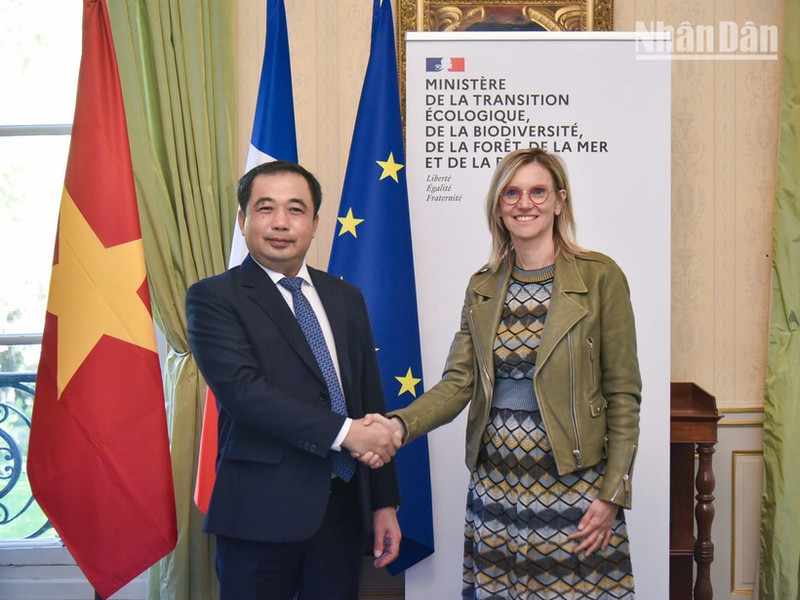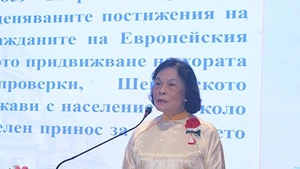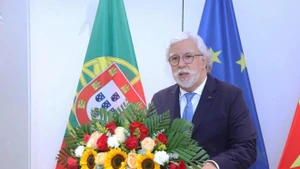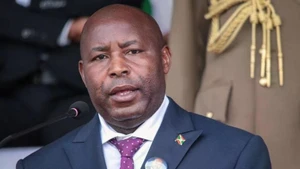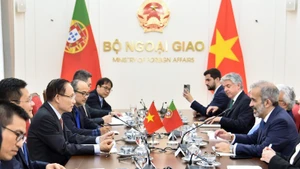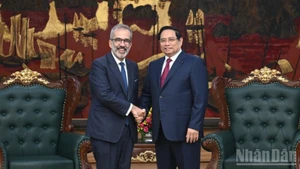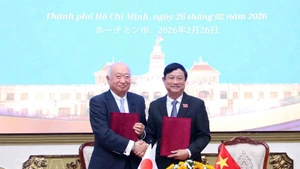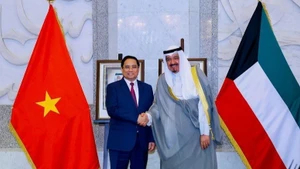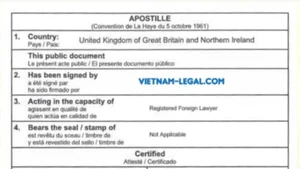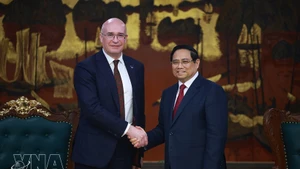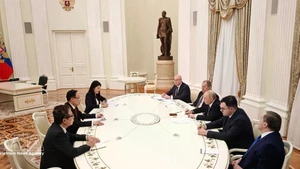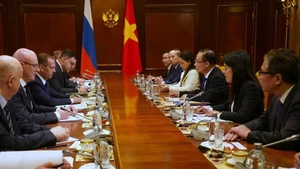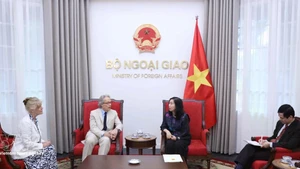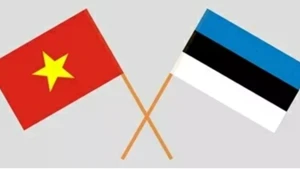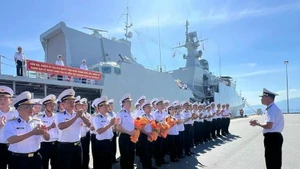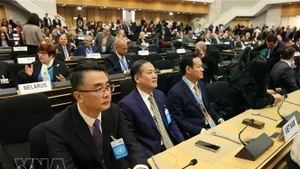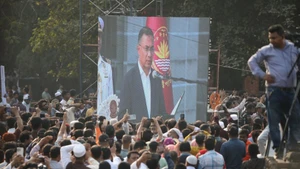Pannier-Runacher welcomed the delegation in the context of deepening Viet Nam – France relations, recently elevated to a comprehensive strategic partnership. She highlighted milestones in 2025, including President Emmanuel Macron’s visit to Viet Nam in May and Prime Minister Pham Minh Chinh’s participation in the third UN Ocean Conference (UNOC‑3) in Nice in June.
France, she said, remains committed to tackling the three major global risks of climate change, biodiversity loss and environmental pollution—through both robust domestic policy and international cooperation. Since the 1990s, France has laid the groundwork for achieving net zero emissions by 2050, with legal reforms and budget allocations, contributing to a 30% reduction in carbon emissions to date. It also ranks among the world’s top five contributors to international environmental projects, providing over 6 billion EUR in aid.
The official expressed her country’s hope to enhance collaboration with Viet Nam through initiatives like the Just Energy Transition Partnership (JETP) to support renewable energy, emissions control, and economic growth.
France wishes to engage in detailed dialogue on Viet Nam’s stratefies, programmes, and projects to achieve net zero by 2050. It also hopes to assist Viet Nam with the Nationally Determined Contributions (NDCs), carbon credit exchange under the Paris Agreement’s Article 6, and coordination under the EU’s Carbon Border Adjustment Mechanism (CBAM) to ensure equitable and sustainable emission reductions by Vietnamese businesses.
Commending Viet Nam’s strong efforts against illegal, unreported and unregulated (IUU) fishing, the French minister reaffirmed France’s support within the EU to help Viet Nam lift the IUU "yellow card". She expressed the willingess to help Viet Nam in fisheries resource conservation, sustainable blue economy development, implementation of the FAO’s Port State Measures Agreement (PSMA), and building of a monitoring system for fishing vessels.
The French Government is preparing a pilot project using satellite technology to help Viet Nam manage and preserve its marine resources, the host added.
Thang, for his part, acknowledged Viet Nam’s limited capacity and its goal of maintaining over 10% growth over the next decade. He stressed the need to learn from international practices in balancing economic development with environmental protection. Following its COP26 Net Zero pledge, Viet Nam has devised a strategy and assigned tasks to each ministry and sector. Concrete actions include the JETP, Power Development Plan VIII, a one-million-hectare high-quality and low-emission rice project, and large-scale afforestation to absorb carbon.
On IUU fishing, he noted significant legal reforms and tighter enforcement, resulting in a sharp drop in violations. However, transitioning small-scale fishing to a sustainable and modern model remains a challenge, requiring time as well as experience sharing and technological support from partners like France.
Viet Nam is committed to being a responsible partner in addressing global environmental issues, he said, stressing that the country looks forward to working closely with France to build a green and sustainable future that harmonises economic growth with environmental stewardship.
The meeting concluded with both sides affirming their intent to improve cooperation quality, moving from dialogue to tangible actions.
Thang invited Pannier-Runacher to Viet Nam to further discussions and launch joint initiatives in sustainable fisheries, biodiversity conservation, forest management, emissions reduction, and just energy transition.
Also in France, tNguyen Do Anh Tuan, Director of the International Cooperation Department under the Ministry of Agriculture and Environment had a meeting with the French National Research Institute for Agriculture, Food and Environment (INRAE). The event affirmed both sides’ commitment to advancing scientific and technological cooperation.
The two sides agreed to develop a joint action plan involving expert exchange, collaborative researches, and training programmes. Focal areas include mechanisms and policies for building an innovation ecosystem for agriculture and environmental affairs, biotechnology, the bioeconomy, ecological agriculture, food processing and nutrition, and the application of artificial intelligence to agricultural value chains.
